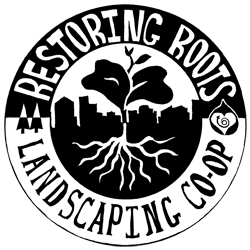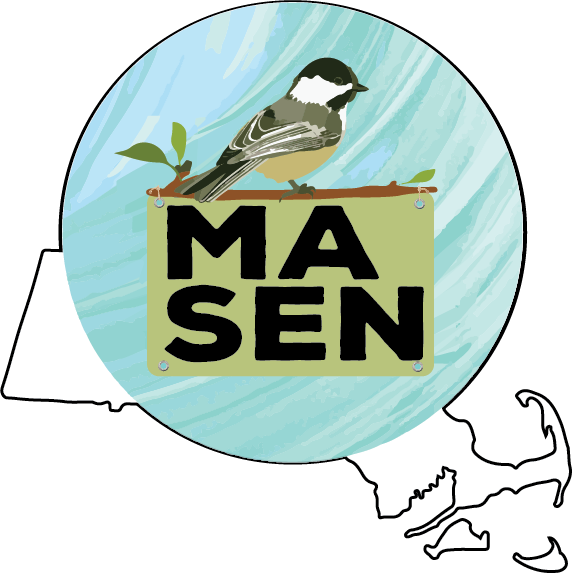
The Massachusetts Solidarity Economy Network (MASEN) was founded to weave together the critical mass of communities, entrepreneurs, neighbors and organizers active in solidarity economy initiatives across the Commonwealth.
The Network formalized out of the Solidarity Economy Strategy Meeting in April 2018, which built upon the work of a number of previous statewide gatherings from past years. An Organizing Committee and working groups were formed to explore statewide strategies for advancing the solidarity economy in Massachusetts, the result of which was a weekend-long gathering in Worcester in March 2019, co-organized with the Center for Economic Democracy and hosted by Worcester Roots called “Another World is Here”. Since then, MASEN has held space for solidarity economy education and relationship building across sectors and regions – online and in person.
MASEN’s current working groups are: Education, Mapping & Value Chain, Media/Newsletter and Gatherings. The Organizing Committee meets monthly and the working groups aim to meet at least quarterly.
Values (Ways of Being)
The definition of the solidarity economy varies in different places, cultures and times, but there is a common foundation that unifies the solidarity economy as a global movement – an economy that builds on practices that align with solidarity economy values:
- Solidarity – Standing and working together against oppression and for liberation for all. Solidarity is the active expression of empathetic awareness, grounded in deep respect, shared struggle and the necessity of mutual liberation through mutual support. Solidarity requires the belief that each person is valuable, deserving and capable of well being.
- Equity – The right of every being to have equal access to the social and economic wealth and abundance of our world. Without intersectional justice addressing and repairing past harm done by social and economic violence to low income communities, Black, Indigenous and other communities of color and exploited, marginalized communities, equity doesn’t exist.
- Democracy – Cooperative and collective decision-making where each person’s opinions and preferences are equally valued (including one person, one vote). Fairly empowering a diversity of experiences and perspectives is what makes a just societal fabric strong. Democratic process and structure includes a number of practical tools, but democracy is also a culture and way of relating to the world around us.
- Sustainability – Environmental stewardship and reparations for long term resilience of all life on earth, requiring decolonization of our relationships with other beings and with ourselves. Sustainability includes decarbonization, keeping fossil fuels in the ground and designing reparative and regenerative systems for the health of our planet and all living beings on it.
- Pluralism – Cultivating the Zapatista vision for “a world in which many worlds exist” rather than a one size fits all approach (universalism). Pluralism advocates for the freedom of each person to design and walk their own path while living in harmony with the web of worlds around us. There are many paths.
Mission
To advance our vision for a more just, democratic and sustainable economy, the mission and purpose of the Massachusetts Solidarity Economy Network is to expand and deepen the solidarity economy movement on relational, cultural and structural levels across the Commonwealth. Our mission has three components:
- Shared vision and education – Frameworks, theories and language to make sense of our economic lives and systems, storytelling our way out of a fictionalized dependence on capitalism, into a world where our economic relationships allow us to unlock the capacity of our full creative potential
- Trust building relationships – Animating connection and cooperation between solidarity economy organizations and initiatives across the state, strengthening the web of fabric between isolated moments and examples of the solidarity economy
- Collaboration and infrastructure – Enhancing the impact and viability of our tools through collective action, helping each other as isolated actors and moments of the solidarity economy become more than the sum of our parts
Active Members
















Interim Organizing Committee
Organizing Committee members and advisors include or have included Emily Kawano (Wellspring Cooperative, USSEN), Hendrix Berry (Balanced Rock Investment Advisors), Boone Shear (UMass Anthropology Dept., Wellspring), Aliana Pineiro (Boston Impact Initiative), Ariel Brooks (Center for Economic Democracy), Nicole Fectau (Roots Dreams and Mustard Seeds), Jeuji Diamondstone (Worcester Roots), Penn Loh (Tufts Urban and Environmental Policy and Planning Masters, Solidarity Economy Initiative), Sarah Jimenez (Community Labor United), Alex Plowden (formerly Local Enterprise Assistance Fund), Addison Turner (Worcester Youth Coops), Amethyst Carey (formerly Center for Economic Democracy), Elvis Mendez (Neighbor to Neighbor), Gabriella della Croce (Pioneer Valley Workers’ Center), and Matt Feinstein (Global Village, USFWC).
Contact Us
Email: solidarityeconomy.ma [at] gmail.com
Address (mail only): 308 Mill Valley Rd, Belchertown, MA 01007
